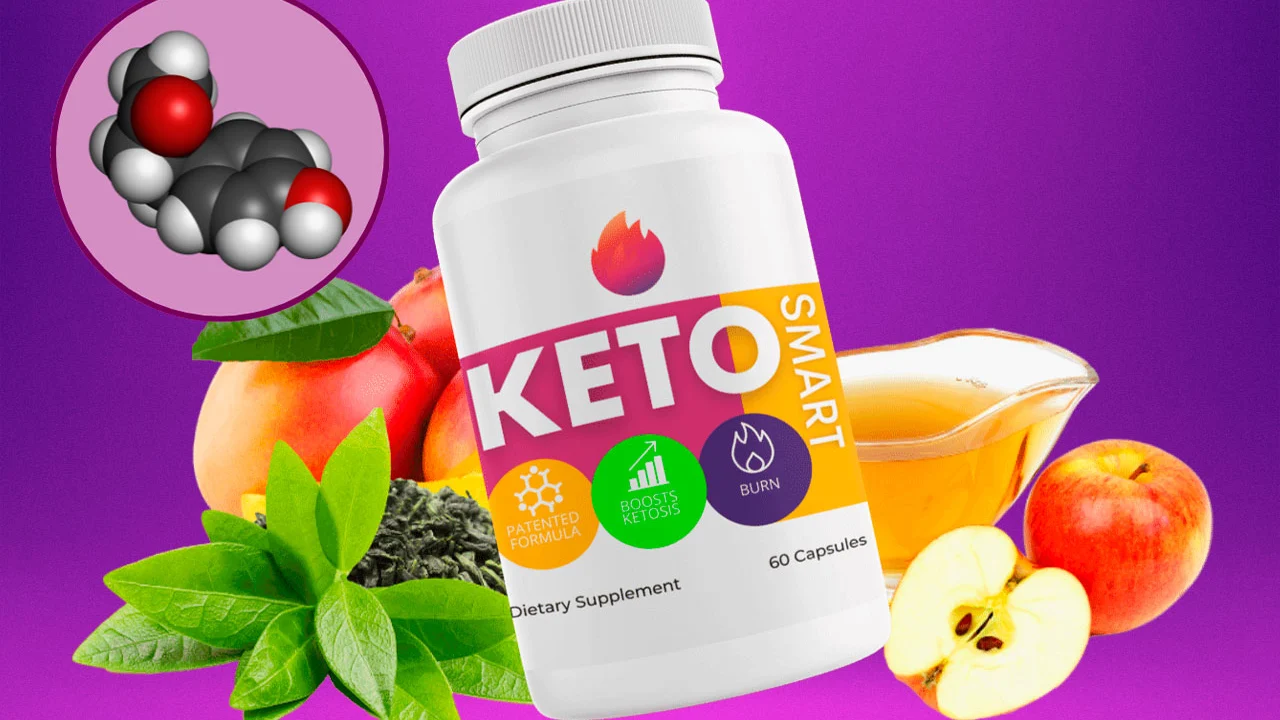Dietary Supplement Guide: What You Need to Know
If you’ve ever wondered whether a pill or powder can boost your health, you’re not alone. Dietary supplements cover everything from vitamin C tablets to herbal extracts like osha root. People use them to fill gaps in nutrition, support workouts, or manage specific health concerns. Below we break down the basics, share safety pointers, and point you to reliable buying tips.
What Are Dietary Supplements?
A dietary supplement is any product you swallow, chew, or mix into food that adds nutrients, herbs, or other bioactive compounds to your diet. Common types include vitamins, minerals, protein powders, omega‑3 oils, and plant extracts. They’re not meant to replace food, but to complement it when you’re missing something – for example, vitamin D in winter or iron if you’re anemic.
In the U.S., supplements are regulated as a food category, not a drug. That means manufacturers don’t have to prove effectiveness before they hit the shelves. The upside is you get a huge variety of options, but the downside is quality can vary a lot.
How to Choose Safe and Effective Supplements
First, ask yourself why you need the product. If you’re looking for a specific vitamin, a simple multivitamin may be enough. If you want to support joint health, look for glucosamine or turmeric with verified curcumin content. A quick online search can show you typical dosages and any red‑flag interactions.
Second, check the label for third‑party testing. Organizations like USP, NSF, or ConsumerLab put a seal on products that have been checked for purity and ingredient accuracy. Without that stamp, you’re taking a gamble on what’s actually inside the bottle.Third, read reviews and look for transparent manufacturers. Sites that list batch numbers, provide certificates of analysis, or have a clear return policy tend to be more trustworthy. Our post on Osha Root Supplement walks you through what to look for in a high‑quality herbal product.
Fourth, watch for unnecessary fillers, artificial colors, or proprietary blends that hide exact ingredient amounts. If a product lists “proprietary blend” without details, you can’t tell if you’re getting an effective dose.
Finally, talk to a healthcare professional, especially if you’re on prescription meds. Some supplements, like St. John’s wort or high‑dose fish oil, can clash with drugs and cause side effects.
When you decide to buy, stick to reputable online pharmacies or well‑known health stores. Look for clear pricing, easy return options, and secure checkout. Our guides on buying supplements online – from osha root to generic vitamins – give step‑by‑step tips to avoid scams.
Remember, more isn’t always better. Taking double the recommended dose rarely gives double the benefit and can increase the risk of toxicity. Start with the lowest effective dose, monitor how you feel, and adjust if needed.
Bottom line: dietary supplements can be a handy addition to a balanced diet, but they require a bit of homework. Check why you need them, verify quality, and keep an eye on interactions. With the right approach, you’ll get the boost you’re after without unwanted surprises.
Hello there, health enthusiasts! I have stumbled upon something absolutely fascinating that I need to share with you all. It's called the False Unicorn, a rare and powerful dietary supplement that has captivated my attention recently and I feel compelled to chronicle my findings. This blog post is the ultimate guide to uncovering all there is to know about this extraordinary plant-based supplement. Join me as we delve into the amazing health benefits and unique properties of the False Unicorn, you won't be disappointed.
Read More
Hi there! Today we're delving into the world of natural health remedies, specifically Black Hellebore - a dietary supplement that's been a real game changer for me. I'll share with you why it has become an essential item in my health management routine, revealing its amazing benefits. Get ready as we unlock the secrets of this incredible supplement, and find out how it might just be the wellness boost you have been searching for!
Read More


